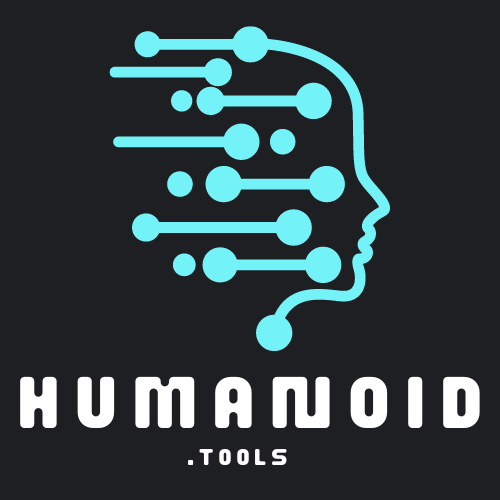.
Cognitive agents are the next frontier in artificial intelligence, promising to revolutionize the way we interact with technology, solve complex problems, and create more efficient systems.
These intelligent entities are designed to learn, reason, and interact with their environments in a human-like manner, which sets them apart from traditional AI systems.
In this article, we’ll explore the concept of cognitive agents, their applications, and the potential benefits they bring to various industries.
Understanding Cognitive Agents
Cognitive agents are software programs or systems that possess human-like intelligence and can perform tasks autonomously or with minimal human intervention.
They are built using a combination of machine learning, natural language processing, knowledge representation, and reasoning capabilities.
As a result, cognitive agents can learn from their experiences, adapt to new situations, and draw inferences to make decisions.
Applications of Cognitive Agents
Healthcare
Cognitive agents can assist doctors in diagnosing illnesses, suggesting treatment plans, and monitoring patients’ progress. They can analyze vast amounts of medical data to identify patterns and correlations that may be difficult for human practitioners to detect, leading to improved patient care and outcomes.
Finance
In the financial industry, cognitive agents can analyze market trends, identify investment opportunities, and manage risk. They can also assist with fraud detection, credit scoring, and regulatory compliance by quickly processing and analyzing large volumes of financial data.
Customer Service
Cognitive agents can improve customer service by handling routine inquiries, providing personalized recommendations, and assisting customers in navigating complex systems. This frees up human agents to focus on more complex issues, resulting in more efficient customer service operations.
Education
In the education sector, cognitive agents can serve as personalized tutors, adapting their teaching strategies based on individual learners’ needs and progress. They can also analyze student data to identify areas where students are struggling and provide targeted interventions to improve learning outcomes.
Manufacturing
Cognitive agents can optimize manufacturing processes by analyzing production data and identifying inefficiencies. They can also help with inventory management, quality control, and predictive maintenance, resulting in reduced production costs and improved product quality.
The Benefits of Cognitive Agents
Efficiency
Cognitive agents can process and analyze vast amounts of data in a fraction of the time it takes humans, leading to improved decision-making and faster problem-solving.
Adaptability
As cognitive agents can learn from their experiences, they can adapt to new situations and environments, allowing for more flexible and dynamic systems.
Personalization
By understanding individual preferences and needs, cognitive agents can provide personalized recommendations, support, and experiences, leading to higher customer satisfaction and engagement.
Error reduction
Cognitive agents can help reduce human error in various industries by automating complex tasks and providing accurate, data-driven insights.
Scalability
Cognitive agents can be deployed on a large scale, enabling organizations to handle growing volumes of data, transactions, and customer interactions without the need for additional human resources.
Conclusion
Cognitive agents represent a significant advancement in artificial intelligence, with the potential to reshape how we live and work.
By harnessing the power of cognitive agents, we can create more efficient, adaptable, and personalized systems across a wide range of industries.
As this technology continues to evolve, we can expect to see even more innovative applications and benefits in the years to come.
English bloke in Bangkok. First used GPT-3 in 2020 and has generated millions of words with it since. Not really much of an achievement but at least it demonstrates a smidgen of authority. Studies natural language processing, Python and Thai in his spare time.
